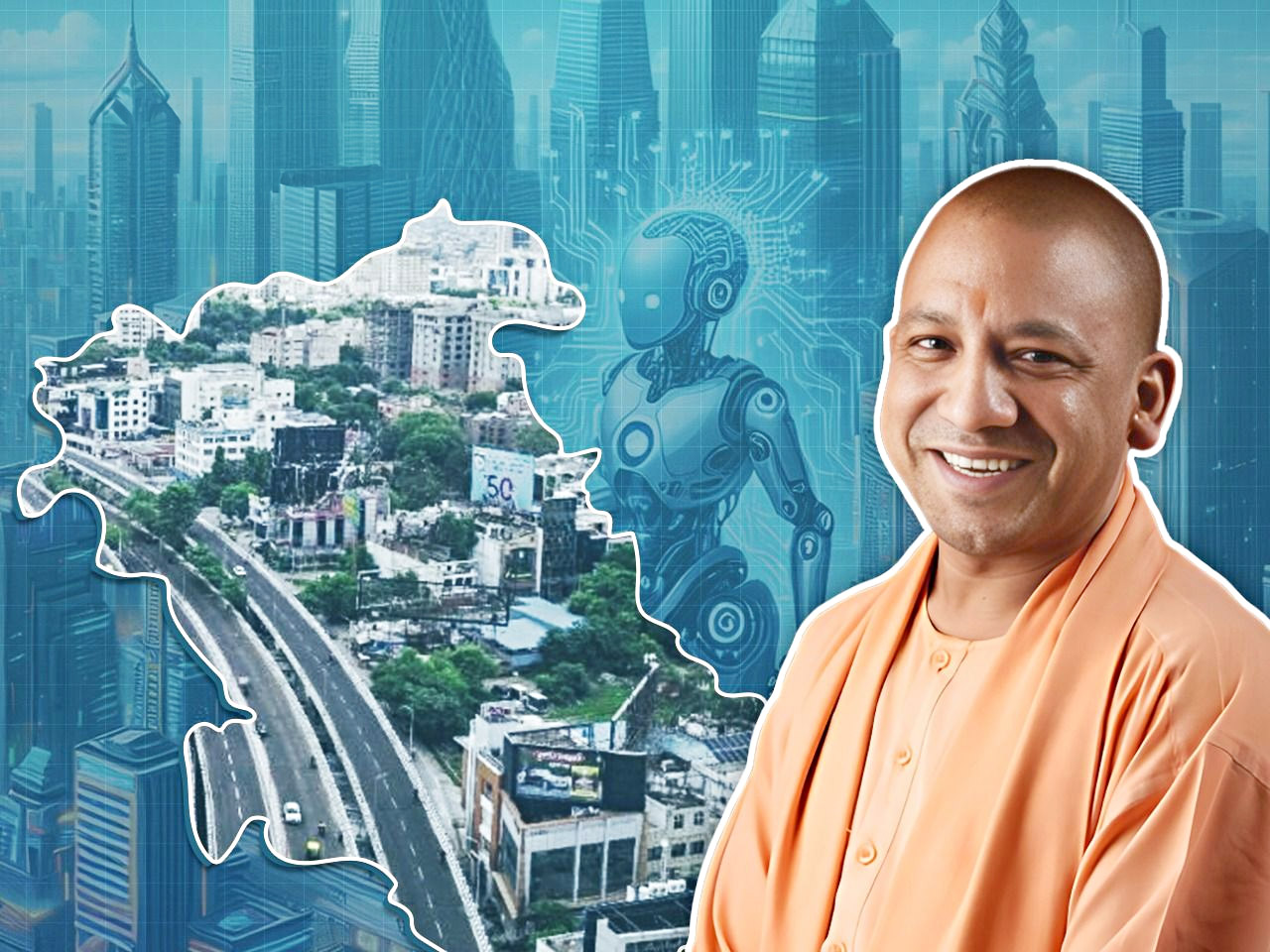In a free-wheeling interview with Smart Governance Bureau Chief Sanjeev Jasrotia, The Dialogue Chief says the new regulations on OTT content are positive developments but coupled with concerns requiring reassessment of a segment of these guidelines to ensure their adherence with the overarching principles of constitutionalism and rule of law.
How do you view the government’s latest set of regulations for OTT platforms? To what extent it’s permissible & after what point it curbs innovation, fair competition, freedom of expression. Please elaborate its pros and cons.
Kazim Rizvi: Arguably, regulation of OTT platforms and digital news media is one of the most significant developments in the new Intermediary Rules. The rules mandate classification of the content as per categories notified in regard to context, theme, tone, impact and target audience and require the publishers to display the rating of all online curated content and an explanation of the relevant content descriptors.
These measures shall permit the user to make a more informed choice regarding the content they wish to consume. Further, the direction of placing access controls will help enhance the safety of children on the internet and prevent them from being exposed to age inappropriate content.
However, these positive developments are coupled with concerns requiring reassessment of a segment of these guidelines to ensure their adherence with the overarching principles of constitutionalism and rule of law. The use of overbroad language in the guidelines and in the code of ethics is likely to pose issues in implementation and allow for broad application of the law. The lack of public consultation pertaining to the application of these rules to entities such as digital news media and OTTs is another challenge being highlighted by the stakeholders.
Likewise, though the envisaged structure of grievance redressal mechanism intends to be one of a ‘light touch approach’ that fosters self regulation, the broad powers provided to the Central Government through the framework for the oversight mechanism is likely to be a cause for concern for undermining the principle of separation of power.
What is the effect of introducing traceability on encrypted platforms through the new IL guidelines?
Kazim Rizvi: The IT Rules 2021, mandates originator traceability on encrypted platforms. Given that conversations in cyberspace can be spoofed and impersonation is possible through cyber-measures, mandating ‘originator traceability’ can be counter-productive as an innocent could be implicated. Any measure to find the originator which would harm user privacy and raise spectres of mass surveillance is antithetical to the core tenets they function on. The middle path here is to share limited meta-data to meet the legitimate requirements of the law enforcement agencies but to maintain a hashed copy of all user chats is not only a compliance burden but also a big security risk for the users.
What will be the effect of mandating proactive monitoring by social media intermediaries on free speech of the citizens?
Kazim Rizvi: Proactive monitoring implies that the platform has to proactively monitor what content is published on its platform and takedown harmful content. Given the scale of content uploaded on such platforms it is not feasible for humans to proactively monitor, thus the use of ‘automated tools’ is required. Rule 4(4)of the IT Rules 2021 mandates only the significant social media intermediaries to deploy automated proactive monitoring to remove CSAM and other sexual crimes against women. The rule is tailored to cover a specific set of crimes which makes it a better version of its 2018 counterpart.
However, given the practical reality of power imbalance between the state and the citizens, there is a need for certain other checks and balances to make the provision more robust and ensure that the guideline is not abused to censor artistic and journalistic freedom.
Are Big Techs being over regulated? What can its implication be on India’s global image?
Kazim Rizvi: As the Minister announced the new guidelines on Thursday, he remarked at the beginning of the meeting about how social media has empowered citizens. However, he qualified that statement by saying that all companies must follow the Indian Constitution and the law of the land. This stance of the Government has been consistent over the past year when it comes to social media and big tech companies. The virality of social media and its implications on the everyday life of the citizenry is something that cannot be ignored. The digital ecosystem is replete with CSAM, fake news, drug trade, radicalisation, trolling among other social vices. Given the network effect that these platforms have, it is important to ensure that these platforms are not misused. The government has a legitimate interest in responding to the challenges in the digital space but such actions should align with the global soft laws like the Manila Principles on Intermediary Liability and the Santa Clara Principles on Transparency and Accountability in Content Moderation. Ensuring such a mechanism of reasonable checks and balances is paramount to not just protect the ethos of democracy and rule of law but also to preserve India’s image of a free speech enabling and privacy protecting nation in the global space.
Are the solutions provided to tackle online challenges in the new guidelines effective or can they lead to more national security concerns?
Kazim Rizvi: Given the challenges like CSAM, fake news, drug trade among others on the digital platforms, it is indeed important to regulate the digital platforms. While aiming to regulate this ecosystem, the Government must be mindful that it does not over-regulate leaving a deleterious impact on users’ right to privacy and free speech. The cornerstone of our digital freedoms is ‘safe harbour’. Thus, making it conditional to the requirement of traceability on the platform of significant social media intermediaries that provide messaging services will not only put to risk the privacy and safety of the citizens but also pose legitimate national security concerns.
Likewise, the decision to regulate the OTT platforms and digital news media are a step in the right direction and the Government intends for these changes to work as ‘soft touch regulation’, there remain concerns regarding how the regulation may place unreasonable restrictions on the people’s right to choice or freedom of expression. To resolve these concerns, the Government may consider to rework certain key areas of the law in collaboration and consultation with other stakeholders. This shall ensure to make the guidelines more robust in terms of terminology and ensure development of a more open and progressive internet ecosystem.
















